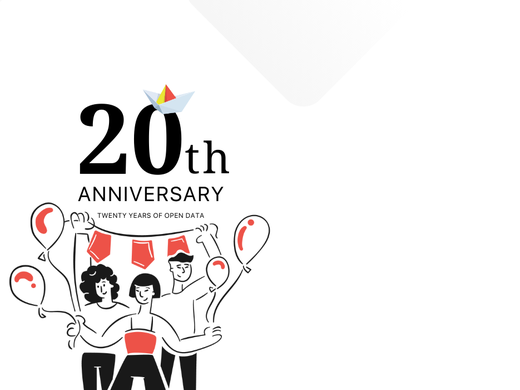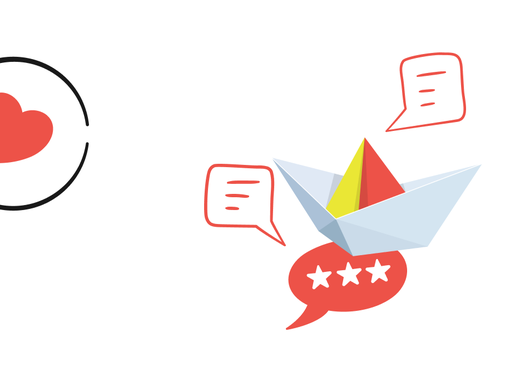
The CKAN-powered data portal at
publicdata.eu aggregates information on data from about 20 data portals across Europe. It's part of the EU-funded
LOD2 project on Linked Open Data, which held its regular plenary meeting over three days last week - hosted in Cambridge by the Open Knowledge Foundation. This meeting marked LOD2's half-way point, two years through its four-year duration.
The last plenary was in Vienna in March - my write up
here has much more information about the project. By a happy coincidence our meeting this time co-incided in Cambridge with a
conference organised by Opening Up, another EU open data project, and we were able to link up with them at their event.
A taste of Cambridge

As host, my main concern this time was with the organisation of the event, which happily ran without a hitch. Meetings were held in style in the fine surroundings of
Newnham College, with conference accommodation at
another nearby college. Our visitors (from France, Germany, Austria, Poland, Serbia, and beyond) thus had a taste of the Cambridge experience, enhanced with dinner in a good local
pub and a lunchtime
punt trip on the River Cam. For additional authenticity, there were a couple of quick downpours while we were out on the river. Luckily they didn't last long enough to spoil anyone's fun.
The power of the coffee break

After the breakout sessions for each of the project's 'work packages' I ran two very short 'Open Space Technology' sessions on Friday. OST emerged out of the observation that conference-goers often find the most productive part is the coffee breaks - where they can discuss and sort out the problems on their mind at the time. Despite its overly grand name, I'm a great fan of OST as a way of quickly setting up workshops and discussions on the 'hot' topics of the moment. Though we had time for what was barely a taster of OST, several productive conversations ensued that would perhaps have 'fallen between the gaps' of the individual work packages.
One topic emerged as particularly hot - that of usability. LOD2 is primarily a research project so the focus in the first two years has been mainly on results. It's interesting and encouraging that so many partners are now keen to give attention to usability too, which is sure to help LOD2's outputs survive after the project ends.
 The CKAN-powered data portal at
The CKAN-powered data portal at  As host, my main concern this time was with the organisation of the event, which happily ran without a hitch. Meetings were held in style in the fine surroundings of
As host, my main concern this time was with the organisation of the event, which happily ran without a hitch. Meetings were held in style in the fine surroundings of  After the breakout sessions for each of the project's 'work packages' I ran two very short 'Open Space Technology' sessions on Friday. OST emerged out of the observation that conference-goers often find the most productive part is the coffee breaks - where they can discuss and sort out the problems on their mind at the time. Despite its overly grand name, I'm a great fan of OST as a way of quickly setting up workshops and discussions on the 'hot' topics of the moment. Though we had time for what was barely a taster of OST, several productive conversations ensued that would perhaps have 'fallen between the gaps' of the individual work packages.
One topic emerged as particularly hot - that of usability. LOD2 is primarily a research project so the focus in the first two years has been mainly on results. It's interesting and encouraging that so many partners are now keen to give attention to usability too, which is sure to help LOD2's outputs survive after the project ends.
After the breakout sessions for each of the project's 'work packages' I ran two very short 'Open Space Technology' sessions on Friday. OST emerged out of the observation that conference-goers often find the most productive part is the coffee breaks - where they can discuss and sort out the problems on their mind at the time. Despite its overly grand name, I'm a great fan of OST as a way of quickly setting up workshops and discussions on the 'hot' topics of the moment. Though we had time for what was barely a taster of OST, several productive conversations ensued that would perhaps have 'fallen between the gaps' of the individual work packages.
One topic emerged as particularly hot - that of usability. LOD2 is primarily a research project so the focus in the first two years has been mainly on results. It's interesting and encouraging that so many partners are now keen to give attention to usability too, which is sure to help LOD2's outputs survive after the project ends.

